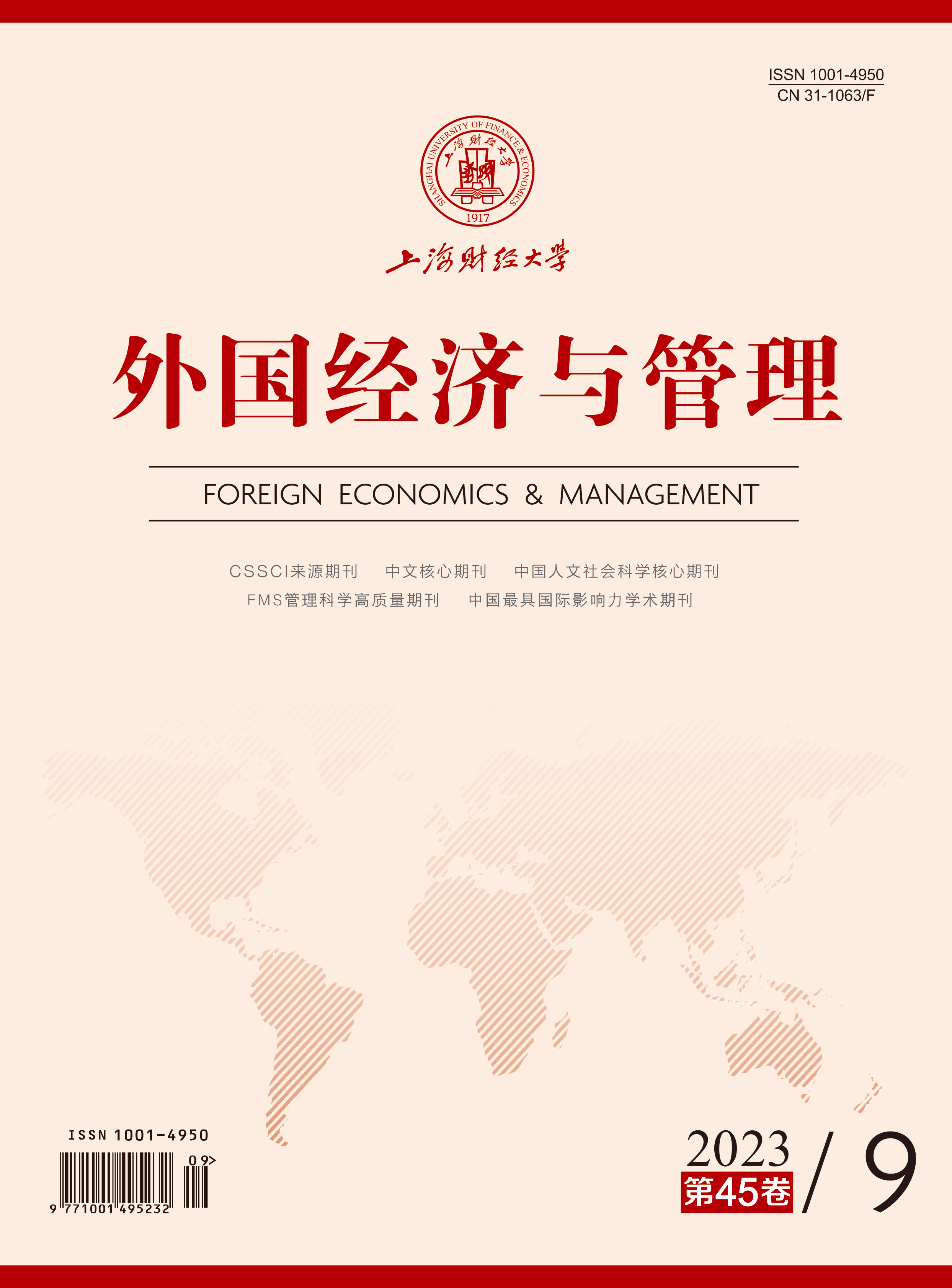This paper is different from the existing literature on how to motivate management innovation from the perspective of executive incentive measures, but from the perspective of optimizing the information environment of enterprises, to explore whether enterprise digital transformation can improve the tolerance of shareholders to innovation failure, and thus improve their willingness to innovate.
The results show that: First, enterprise digital transformation can promote the improvement of R&D innovation level. Second, enterprise digital transformation reduces the salary reduction and career risk caused by the management’s innovation failure, and effectively improves the tolerance of shareholders to innovation failure, which confirms the influence mechanism of enterprise digital transformation to encourage enterprise innovation through the “failure-tolerance mechanism”. Third, when the enterprise has poor accounting information quality, low executive shareholding and low product market competition, the role of enterprise digital transformation in promoting R&D innovation is more significant. Fourth, enterprise digital transformation significantly promotes the increase of enterprise invention patents, which helps to promote the high-quality innovation.
The implications are that: First, enterprises should fully grasp the opportunities of digital transformation and actively combine digital technology with enterprise production and operation. Second, enterprises should establish a more transparent internal information environment, improve the tolerance to innovation failure, and promote the management to take strategic decisions consistent with the long-term development of enterprises. Third, policy-makers should combine the market mechanism of digital transformation with government policy support to achieve the combination of innovation motivation and innovation ability.
The contributions are that: First, the “failure-tolerance mechanism” opens the “black box” of the impact of digital transformation on R&D innovation at the micro-enterprise level, and confirms that the tolerance to innovation failure is the key factor to motivate the management to improve their willingness to innovate. Second, this paper discusses how the optimization of enterprise information environment mitigates the agency conflict between shareholders and the management, providing evidence for the implicit contract role of the transparent information environment created by enterprise digital transformation. Third, in the context of the rapid development of the digital economy, it is of great practical significance to study the impact of enterprise digital transformation on the management’s innovation decisions, so as to verify the economic consequences of the changes in the macroeconomic situation at the micro level.





 5295
5295  4110
4110

